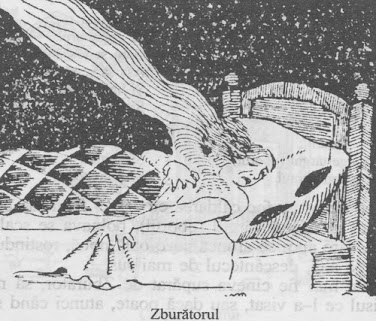I will be using both Sigmund Freud's concept of the "uncanny" and the double and also Shelley Adler's idea of the "nocebo" for my research paper. Freud reasons that the feeling of uncanniness stems due to familiarity rather than solely unfamiliarity. He then introduces the "double", which refers to our once familiar desires and perhaps repressed longings from the infantile or primitive stages. For instance, Freud states “the quality of uncanniness can only come from the circumstance of the “double” being a creation dating back to a very early mental stage, long since left behind, and one, no doubt, in which it wore a more friendly aspect. The “double” has become a vision of terror, just as after the fall of their religion the gods took on daemonic shapes” (Freud, 10). I believe that the sleep paralysis hallucinations are strongly connected with Freud's concept of the double. Yet, this frame will only be used for my cases, which include people from a society with a more "modern" perspective. This is due to the fact that Freud’s idea of the uncanny is caused by the repression of the “double” due to the formation of the superego, rather than embracing the double. However, many people from certain cultures, which one would consider less "modern", openly embrace the uncanny double and still experience a sense of uncanniness. Thus, I will use Adler's "nocebo framework" to analyze cases from these cultures and also cases from modern cultures. Apparently, the "nocebo" is referred to as the "placebo's evil twin". Rather, than causes beneficial and desired outcomes, it produced negative ones. This intriguing framework can be connected with sleep paralysis, when one examines the phenomena of how personal and even cultural beliefs can become so powerful to the point where they can manifest into visible and even biological conflicts.
Works Cited:
Adler, Shelley R. Sleep Paralysis : Night-Mares, Nocebos, and the Mind-Body Connection. Rutgers University Press, 2011.
Freud, Sigmund, David McLintock, and Hugh Haughton. The Uncanny. New York: Penguin Books, 2003. Print.
.

Comments
Post a Comment